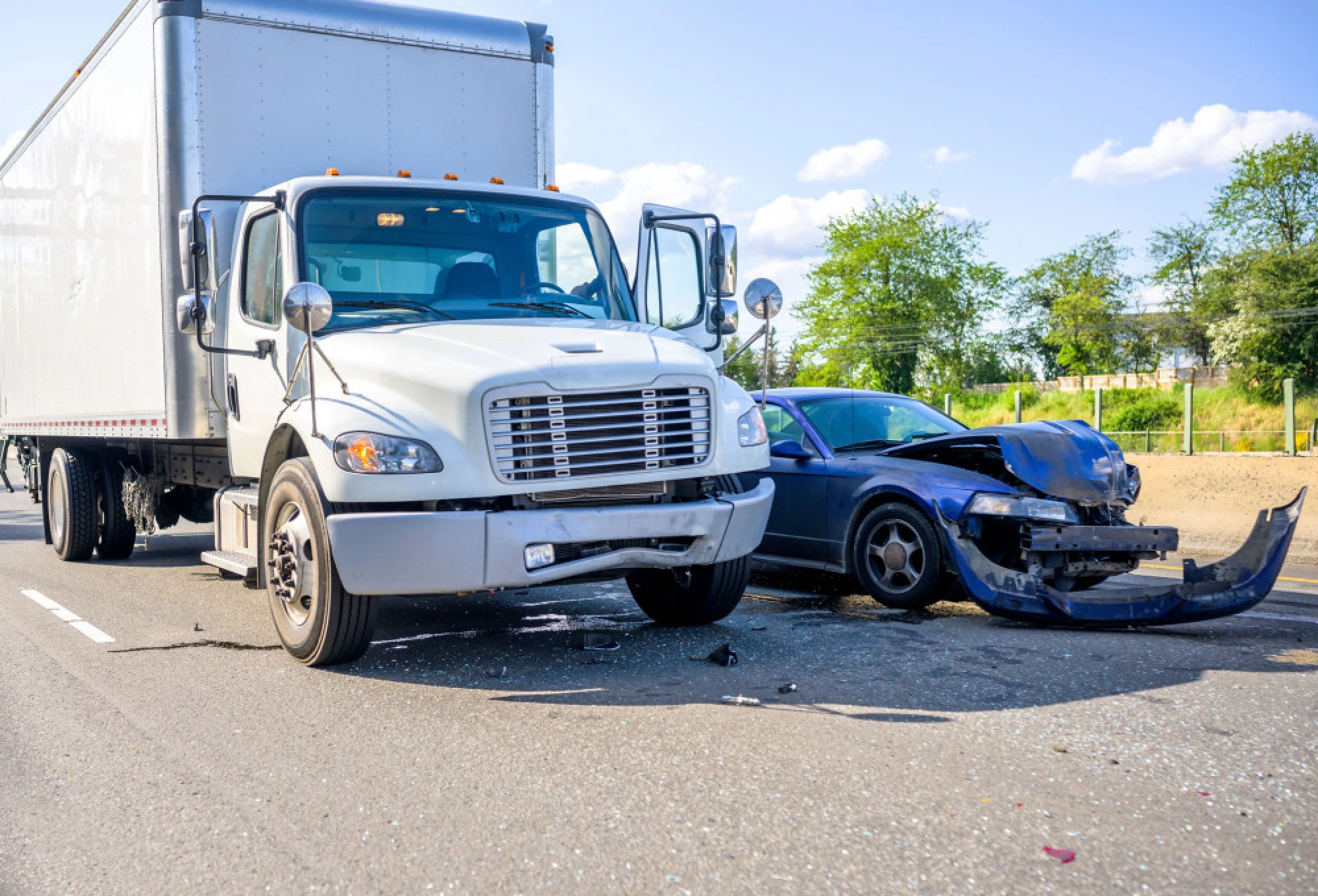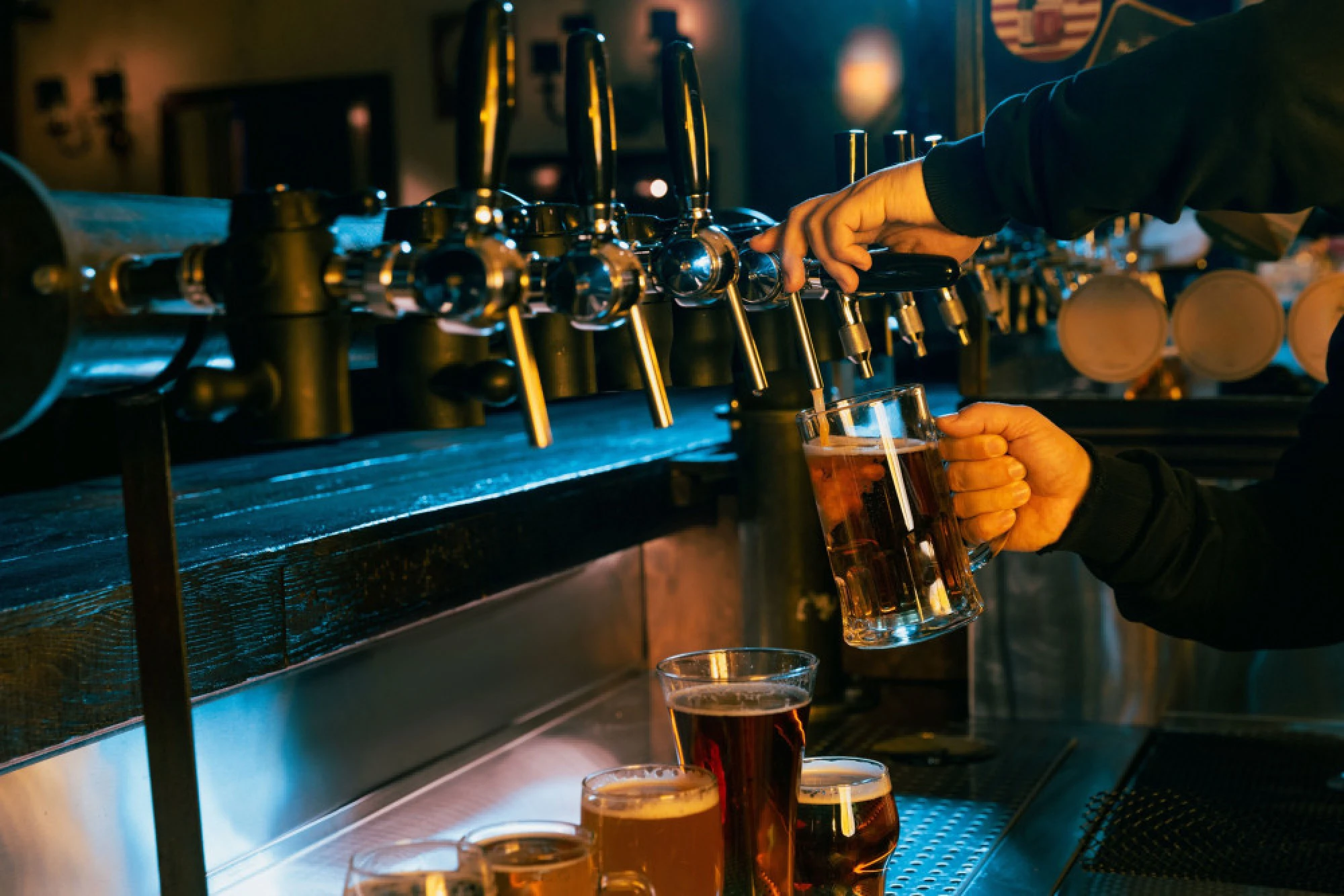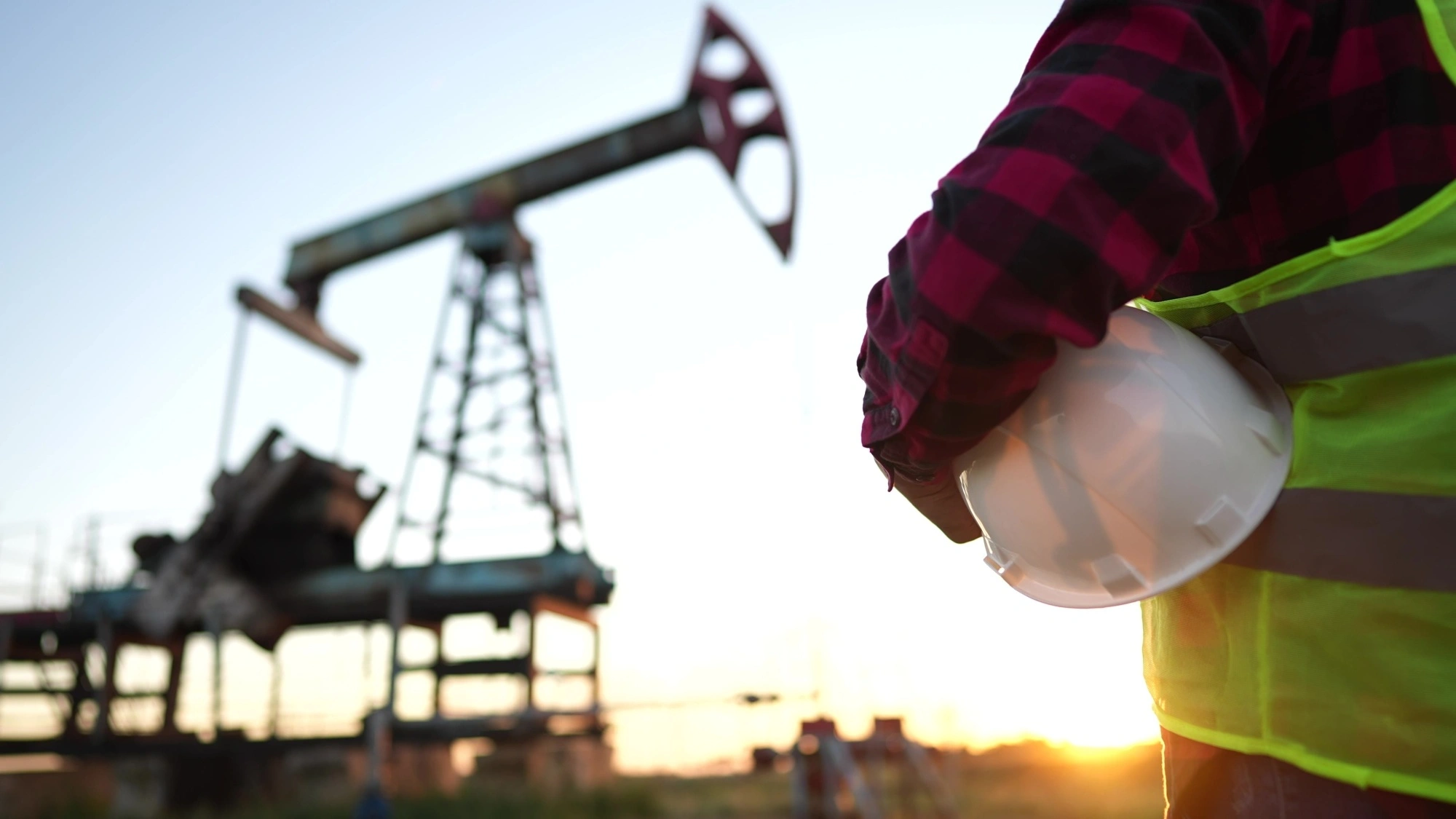Product liability cases can be complex, and often involve technical details that require professional expertise. When a defective product causes injury or harm, determining negligence and liability requires clear and compelling evidence, and expert witnesses play a crucial role in this process.
Expert witnesses are individuals with specialized knowledge in specific areas relevant to a case, such as engineering, medicine, or manufacturing. Their testimony helps to explain technical issues and guide the jury toward understanding how a product defect might have led to an injury. They are a powerful tool used by both corporations trying to mitigate their culpability and your legal team fighting for what you deserve after an injury.
If you or a loved one has been injured due to a defective product, having a strong legal team that understands the importance of expert witnesses can significantly impact the outcome of your case. An experienced Dallas/Fort Worth product liability attorney from Sellers Law Firm can help build you a strong case with the support of credible expert witnesses.
Contact us today to discuss your case and learn how we can help you seek justice.
In what case would you need an expert witness?
Expert witnesses are typically required in product liability cases where the cause of the injury or defect involves technical or scientific concepts that an average person may not understand.
For instance, if a person is injured by a medical device, an expert in biomedical engineering or a medical professional with relevant experience may be needed to explain whether the device malfunctioned due to a design flaw or improper use. Similarly, if a consumer product such as an electronic appliance causes a fire, an expert in electrical engineering might be required to analyze the product’s design, materials, and safety features.
Product liability cases often involve three types of defects:
- Design defects
- Manufacturing defects
- Marketing defects (such as failure to provide adequate instructions or warnings).
In any product liability case, the plaintiff bears the burden of proof, meaning they must present evidence to demonstrate that the product was defective and that the defect caused their injury or wrongful death. Expert witnesses are crucial in helping plaintiffs meet this burden, as their specialized knowledge can provide insight into whether the product deviated from industry standards or was inherently dangerous.
What is the role of an expert witness during a product liability court case?
The role of an expert witness in a product liability case is to provide an unbiased, professional opinion based on their specialized knowledge. Their testimony helps the court understand whether the product in question was defective and, if so, how that defect contributed to the injury or damage. In forming their opinion of the case, expert witnesses can:
- Review case files
- Examine the defective product
- Conduct tests or simulations
- Create diagrams, charts, maps, and video recreations and animations
- Provide written reports summarizing their findings
After forming an opinion, an expert witness explains their conclusions in court, simplifying technical concepts for the judge or jury. They can also be cross examined by the attorneys working both sides of the case. This testimony is key in cases where the defense claims the injury was due to user error or factors unrelated to a product defect.
What are the obligations of an expert witness?
An expert witness must adhere to a number of ethical and legal obligations during their testimony. One of the primary duties of an expert witness is to provide an opinion based on facts and evidence, rather than advocating for either party. Their responsibility is to the court, and their primary role is to help clarify complex issues for the judge and jury.
An expert witness is also obligated to disclose any potential conflicts of interest that could call their objectivity into question. This ensures that their testimony remains credible and that both parties in the case are aware of any possible bias. Additionally, expert witnesses must provide clear and concise reports and testimony, ensuring that their findings are based on sound methodologies and accurate data.
What can an expert witness not do?
While expert witnesses are valuable to a product liability case, they also have some important limitations:
- They cannot offer legal opinions or determine who is legally liable for the damages. Legal determinations are the responsibility of the court, and it is up to the judge or jury to interpret the law and apply it to the facts of the case.
- Furthermore, expert witnesses are not allowed to testify on matters outside their field of expertise. For example, a mechanical engineer testifying about a defect in a vehicle’s design cannot offer an opinion on the medical injuries sustained by the plaintiff unless they also possess qualifications in the medical field. An expert witness must stay within the boundaries of their specialized knowledge and avoid speculating on matters they are not qualified to address.
What are the disadvantages of expert witnesses?
Despite their importance in product liability cases, there are some disadvantages to relying on expert witnesses:
- Cost: Expert witnesses, particularly those with high levels of expertise and credibility, can charge substantial fees for their time and analysis. This can make the process expensive, especially in cases that require multiple experts to testify on different aspects of the product’s defect.
- Potential for bias: While expert witnesses are expected to remain impartial, there is always the possibility that their testimony may be influenced by the party that has hired them. Some experts may feel pressured to deliver favorable testimony, which could undermine the credibility of their opinions. Opposing attorneys may attempt to discredit expert witnesses by pointing out any perceived bias or questioning the validity of their methods, which can lead to lengthy cross-examinations and delays in the legal process.
- Unpredictability: Even when a witness is well-prepared and knowledgeable, their testimony may be challenged, misinterpreted, or rejected by the jury or judge. The effectiveness of expert testimony often depends on how well the expert communicates complex information and whether the court finds their testimony convincing.
Injured by a defective product? Let Sellers Law Firm build your product liability case.
If you have been injured by a defective product, you may be entitled to compensation for your injuries, medical expenses, and possibly punitive damages. However, building a strong product liability case requires more than just proving that the product was defective. You need the support of expert witnesses who can testify on your behalf and provide the evidence necessary to prove your claim.
At Sellers Law Firm, we understand the complexities of product liability cases and have a network of reputable expert witnesses who can help strengthen your case. Our experienced attorneys will work closely with these experts to develop a compelling argument that demonstrates how the defective product caused your injuries, helping ensure that you have the best chance of receiving the compensation you deserve.
Don’t wait to seek justice if you’ve been injured by a defective product. Contact a personal injury lawyer from Sellers Law Firm today to schedule a consultation and learn more about how we can assist you in building a successful product liability case.
More Helpful Articles by Sellers Law Firm:
- What Are Exemplary Damages in Texas?
- Dram Shop Liability Laws in Texas
- What Can Cause Permanent Disability after a Car Accident?
- Common White-Collar Crimes and Their Defense Strategies
- What is Racketeering?





